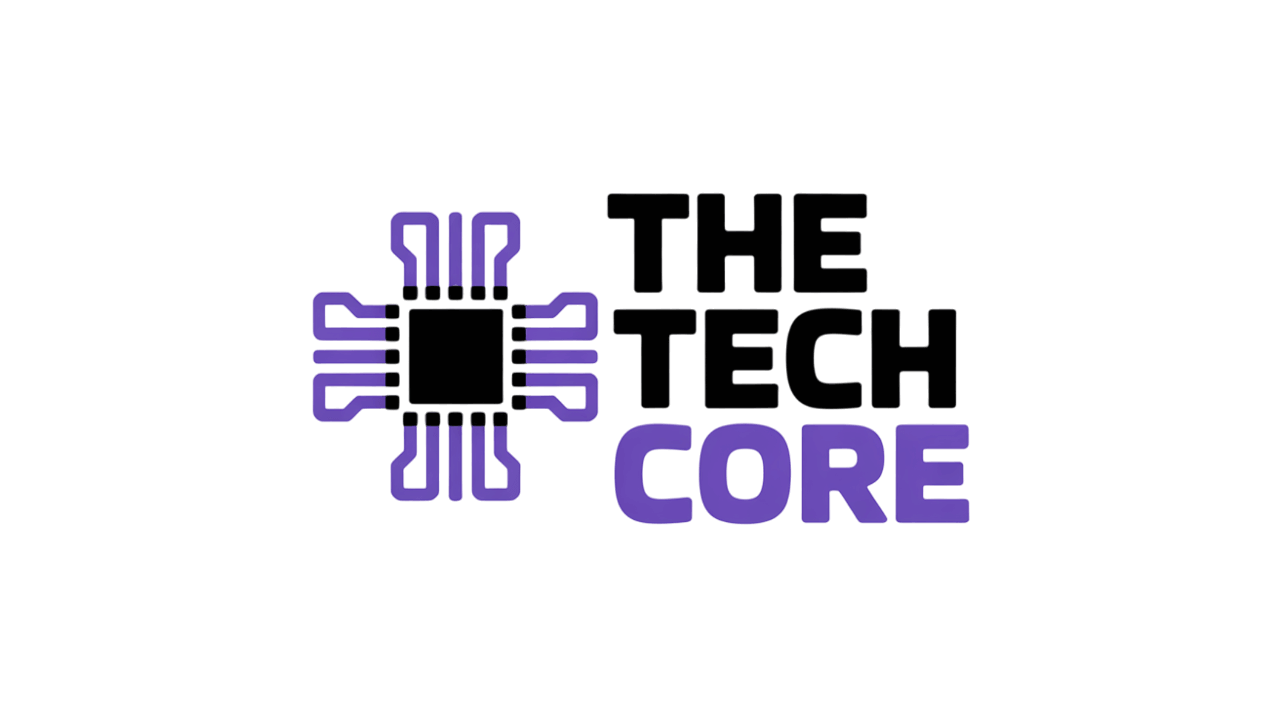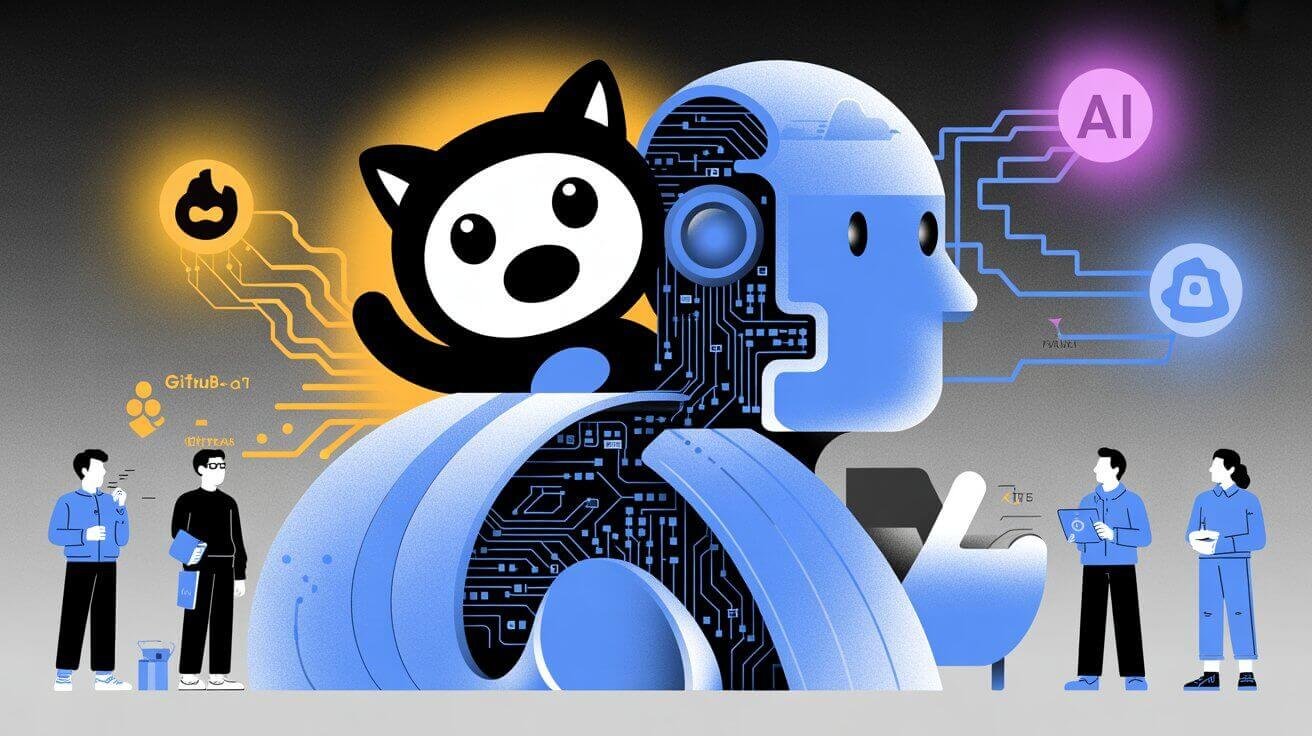Something big just happened in the developer world, and it’s got people talking. Thomas Dohmke, GitHub’s CEO for nearly four years, announced his resignation Monday, effectively ending GitHub’s era of independence under Microsoft. With this GitHub corporate integration now complete, the platform that millions of developers rely on daily is no longer operating as a separate entity. Instead, GitHub becomes fully absorbed into Microsoft’s CoreAI division, marking a pivotal moment for GitHub corporate integration and raising serious questions about developer autonomy.
For many developers, this feels like watching their favorite indie band get signed by a major label. Sure, the resources might be better, but will the soul remain the same?
The Strategic Move Behind GitHub Corporate Integration
Microsoft’s decision to fully integrate GitHub wasn’t sudden—it’s been brewing since the 2018 acquisition. However, the timing reveals Microsoft’s clear strategic priorities. Rather than replacing Dohmke, Microsoft is restructuring GitHub’s leadership entirely, with different executives reporting to various Microsoft divisions.
This developer platform consolidation serves Microsoft’s AI ambitions perfectly. GitHub reached 150 million users and 1 billion repos under Dohmke and became the first landing place for Copilot AI. The platform’s vast repository of code provides invaluable training data for AI models, making it a crown jewel in Microsoft’s AI strategy.
But there’s more to this story than just AI integration. Microsoft CEO Satya Nadella said last year that GitHub Copilot had become a larger business on its own than all of GitHub was when Microsoft bought it. This financial success demonstrates why Microsoft wants tighter control over what has become one of its most profitable acquisitions.
The move also reflects broader industry trends. As competition in AI development intensifies, tech giants are consolidating their developer tools and platforms to create more integrated ecosystems. Microsoft isn’t just acquiring companies anymore—it’s fully absorbing them into its strategic vision.
Developer Concerns About Platform Independence
The developer community’s reaction has been mixed, but concerns about independence are mounting. When Microsoft first acquired GitHub in 2018, Microsoft promised that GitHub would “operate independently to provide an open platform for all developers in all industries”. That promise officially ended with this integration.
Many developers worry about what this means for GitHub’s neutrality. The platform has served as a somewhat neutral ground where developers from all ecosystems—including those competing with Microsoft—could collaborate freely. Now that GitHub is fully part of Microsoft’s AI division, questions arise about potential conflicts of interest.
Furthermore, the integration raises concerns about vendor lock-in. As Microsoft tightens its grip on GitHub, developers may find it increasingly difficult to migrate their projects elsewhere. This dependency becomes particularly concerning when considering Microsoft’s history with acquired platforms like Skype and Xamarin, which faced significant changes or discontinuation after acquisition.
The community is also worried about GitHub’s open-source ethos. Critics worry that full integration could stifle the open-source ethos that defined GitHub pre-acquisition. The platform that once championed developer freedom now operates under the direct control of one of the world’s largest corporations.
Some developers have already started exploring alternatives. Platforms like GitLab, Gitea, and Codeberg are gaining attention as developers seek more independent options. These alternatives offer similar functionality while maintaining greater independence from corporate control.
The Rise of Alternative Development Platforms
The GitHub integration has accelerated interest in alternative platforms that prioritize developer autonomy. GitLab stands out as the most comprehensive alternative, offering a complete DevOps platform with built-in CI/CD capabilities. Unlike GitHub, GitLab maintains its commitment to open-source development and offers both cloud-hosted and self-hosted options.
For developers seeking lightweight alternatives, Gitea and Gogs provide self-hosted Git services that put developers in complete control of their code repositories. These platforms may lack some of GitHub’s advanced features, but they offer something increasingly valuable: true independence.
Codeberg represents another compelling option, operating as a non-profit organization that aims to provide a “safe and friendly home” for free and open-source projects. The platform runs on Gitea and explicitly focuses on independence from commercial interests.
For enterprise users, several alternatives offer robust features without the corporate entanglement. Azure DevOps provides enterprise-scale Git support, though it’s also Microsoft-owned. More independent options include self-hosted GitLab instances and specialized platforms like Forgejo, which forked from Gitea to maintain community control.
These alternatives share common advantages: transparency, customizability, and freedom from vendor lock-in. Developers can modify the source code, control their data, and avoid the risks associated with platform changes driven by corporate strategy rather than user needs.
Impact on Open-Source Development and GitHub Corporate Integration
The GitHub corporate integration particularly affects open-source projects, which form the backbone of modern software development. GitHub has served as the de facto home for open-source collaboration, hosting millions of projects that developers worldwide depend on.
With GitHub now fully integrated into Microsoft’s AI division, open-source projects face potential conflicts. Microsoft’s AI models are trained on code from GitHub repositories, raising questions about intellectual property and consent. Many developers never agreed to have their code used for commercial AI training when they uploaded it to GitHub.
Moreover, the integration could influence which projects receive visibility and support. As GitHub becomes more tightly integrated with Microsoft’s ecosystem, projects that align with Microsoft’s strategic interests might receive preferential treatment in search results, recommendations, or platform features.
The licensing implications are also significant. While GitHub’s terms of service grant broad rights to use hosted code, the full corporate integration raises new questions about how that code might be monetized or used in ways developers didn’t originally intend.
However, it’s worth noting that the open-source community has shown remarkable resilience. When similar concerns arose during Microsoft’s acquisition of GitHub, many projects successfully migrated to alternative platforms. The distributed nature of Git makes such migrations relatively straightforward, providing a safety valve against unwanted platform changes.
What This Means for the Future of Developer Tools
Looking ahead, the GitHub corporate integration signals broader changes in how developer tools evolve. We’re moving toward an era where major platforms are increasingly owned and controlled by a handful of tech giants, each pushing their own strategic agendas.
This consolidation creates both opportunities and risks. On the positive side, integration can lead to better-integrated developer experiences, more resources for platform development, and advanced features like AI-powered coding assistance. GitHub Copilot’s success demonstrates how corporate resources can accelerate innovation in developer tools.
However, the risks are equally significant. Increased concentration of control reduces competition and innovation in the long term. When a single company controls a major piece of developer infrastructure, it can make unilateral decisions that affect millions of developers worldwide.
The future likely holds a bifurcated landscape: corporate-controlled platforms offering advanced features and seamless integration, alongside independent alternatives that prioritize user control and open-source values. Developers will need to choose between convenience and independence, often on a project-by-project basis.
Smart developers and organizations are already diversifying their tool choices. Rather than relying entirely on GitHub, many are maintaining mirrors on alternative platforms or using multi-platform development workflows. This approach provides flexibility and reduces dependence on any single provider.
Additionally, we can expect increased investment in decentralized development tools. Projects like Radicle are exploring peer-to-peer code collaboration that eliminates centralized control entirely. While these technologies are still emerging, they represent the future of truly independent software development.
For more insights on software development trends, check the Stack Overflow Developer Survey and follow developments in the open-source community.
The Bottom Line
The end of GitHub’s independence marks a significant milestone in software development history. What started as a scrappy startup that democratized code sharing has become a fully integrated component of one of the world’s largest technology corporations.
For developers, this transition presents both challenges and opportunities. Those who value convenience and cutting-edge AI features may find the integration beneficial. Microsoft has substantial resources to invest in GitHub’s development, potentially leading to innovative new capabilities.
However, developers who prioritize independence and open-source values should seriously consider their alternatives. The good news is that viable options exist, from comprehensive platforms like GitLab to lightweight solutions like Gitea. The distributed nature of Git means migration remains possible, though it requires planning and effort.
Ultimately, the GitHub corporate integration serves as a reminder that in the modern tech landscape, independence is a choice that requires active effort to maintain. By diversifying their tool choices and supporting independent platforms, developers can help ensure that the future of software development remains open and community-driven.
The era of GitHub as an independent platform is over, but the principles it once represented—open collaboration, developer empowerment, and community-driven innovation—live on in the alternatives that continue to emerge and evolve.








